Home

Blood Pressure

Pregnancy Induced Hypertension : Symptoms, Causes & Treatment
In this Article
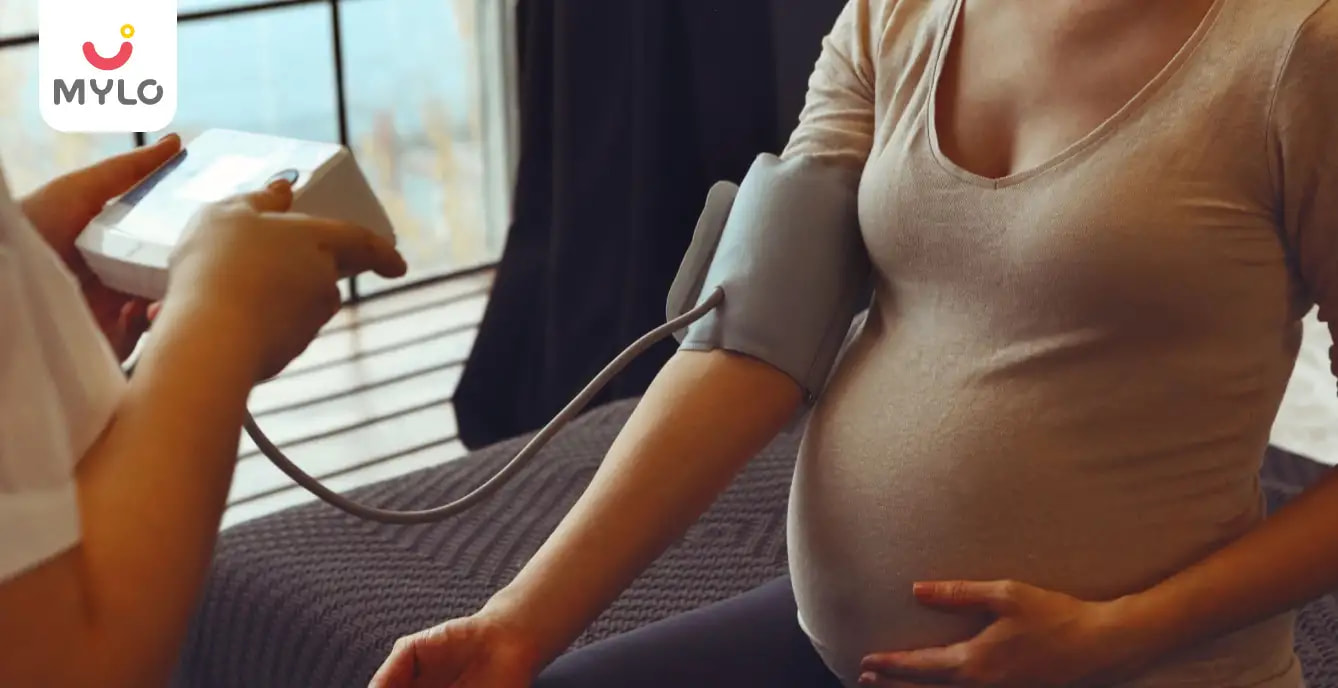
Blood Pressure
Pregnancy Induced Hypertension : Symptoms, Causes & Treatment
Updated on 22 June 2023
Pregnancy induced hypertension is also known as gestational hypertension. This occurs when a pregnant woman's blood pressure equals or exceeds 140/90. Generally, such pregnancy-induced hypertension symptoms may begin to occur sometime around the 20th week of pregnancy or in the later half of a woman's pregnancy journey.
There are several pregnancy-induced hypertension causes because women may be affected in various ways by high blood pressure during their pregnancy journey. Hypertension during pregnancy needs to be detected and managed because it can prove to be fatal for the development of the foetus if undetected. The good news is that there are ways to ensure pregnancy-induced hypertension treatment.
What are the symptoms of pregnancy-induced hypertension?
One of the primary symptoms of pregnancy-induced hypertension is increased blood pressure. During pregnancy, it is important to look out for an increase in blood pressure and ensure the same is being constantly monitored.
Watching out for pregnancy-induced hypertension symptoms? Look for these signs -
-
Pain in the upper right side abdomen
-
Suddenly gaining weight
-
Vomiting or nausea
-
High or low presence of protein in the urine
You may also like: Low BP in Pregnancy: Symptoms, Effects & Treatments
What causes pregnancy induced hypertension?
While there could be several causes of pregnancy-induced hypertension, the primary reason for the pregnant body undergoing gestational hypertension is unknown.
According to experts, women may be undergoing preexisting or underlying conditions, which may lead to the risk of developing pregnancy-induced hypertension.
Some causes include:
-
High blood pressure
-
Kidney problems
-
Young expecting mother (age between 20 to 40)
-
Hypertension associated with a previous pregnancy
-
Multiple fetuses (twins, triplets)
-
Sometimes even factors like race play a huge role in the body developing hypertension. Some doctors say that being African-American may also lead to hypertension.
Also read: Pain in Groin During Pregnancy: Causes, Symptoms, and Treatment
What is the difference between pregnancy induced hypertension and preeclampsia?
You may have heard of women undergoing pre-eclampsia during their pregnancy. Pre-eclampsia should not be treated lightly; it is a serious condition where the body's blood pressure not only increases but there is also a marked increase in the protein levels in a pregnant woman's urine.
Generally, pre-eclampsia is not something to be worried about and can be treated; most cases are mild and do not cause any harm to the body as they can be immediately treated. Nonetheless, pre-eclampsia can worsen and harm the developing baby and the mother if left untreated.
Some effects of pre-eclampsia include the mother undergoing seizures or fits, also known as 'eclampsia'. Such seizures can have a detrimental effect on the baby's overall growth. Pre-eclampsia may or may not occur after specific symptoms, so pregnant women must constantly monitor their blood pressure.
The terms pregnancy-induced hypertension and pre-eclampsia are used interchangeably by doctors and experts. The main difference between the two is the presence of protein in the urine.
In a case of pregnancy-induced hypertension, the woman's body witnesses a spike in blood pressure. This may not necessarily include proteinuria and occurs after the 20th week of pregnancy. On the other hand, pre-eclampsia is a problem that uniquely occurs among pregnant women before the 20th week of gestation. In addition to increased blood pressure, it also gives rise to proteinuria in the body.
How is pregnancy induced hypertension diagnosed?
Wondering what is pregnancy induced hypertension nursing diagnosis?
Typically, gestational hypertension or pregnancy induced hypertension is diagnosed when the body's blood pressure rises above 140/90 mm, especially if there has not been any detection of proteinuria, in other words, the presence or absence of protein in the urine in unusual amounts.
To diagnose this, a doctor may recommend measuring the pregnant woman's blood pressure and/or taking a urine test to detect the level of protein in the urine. These provide strong indicators of whether a pregnant woman may suffer from pregnancy-induced hypertension.
How do you manage pregnancy induced hypertension?
One of the common suggestions and recommendations doctors make to help women undergoing high blood pressure during pregnancy is bed rest. Pregnancy induced hypertension is best treated with rest, which helps the body's blood pressure decrease. Women are also advised to rest to avoid anxiety or stress--especially if they may be working too hard or getting too stressed during their pregnancy, as this is not good for the development of the foetus.
If hypertension becomes too high or excess protein is detected in the urine, pregnant women may also need to undergo hospitalisation to bring this under control. In many cases, women are also given medication which may include magnesium sulfate, which helps bring down blood pressure.
References
1. Braunthal S, (2019) Brateanu A. Hypertension in pregnancy: Pathophysiology and treatment. SAGE Open Med.
2. Khedagi AM, Bello NA.(2021) Hypertensive Disorders of Pregnancy. Cardiol Clin.



Written by
Sanju Rathi
A Postgraduate in English Literature and a professional diploma holder in Interior Design and Display, Sanju started her career as English TGT. Always interested in writing, shetook to freelance writing to pursue her passion side by side. As a content specialist, She is actively producing and providing content in every possible niche.
Read MoreGet baby's diet chart, and growth tips

Related Articles
Related Questions
Hello frnds..still no pain...doctor said head fix nhi hua hai..bt vagina me pain hai aur back pain bhi... anyone having same issues??

Kon kon c chije aisi hai jo pregnancy mei gas acidity jalan karti hain... Koi btayega plz bcz mujhe aksar khane ke baad hi samagh aata hai ki is chij se gas acidity jalan ho gyi hai. Please share your knowledge

I am 13 week pregnancy. Anyone having Storione-xt tablet. It better to have morning or night ???

Hlo to be moms....i hv a query...in my 9.5 wk i feel body joint pain like in ankle, knee, wrist, shoulder, toes....pain intensity is high...i cnt sleep....what should i do pls help....cn i cosult my doc.

Influenza and boostrix injection kisiko laga hai kya 8 month pregnancy me and q lagta hai ye plz reply me

Related Topics
RECENTLY PUBLISHED ARTICLES
our most recent articles

TV & OTT
10 Amazon Prime Series to Look Forward to in 2023
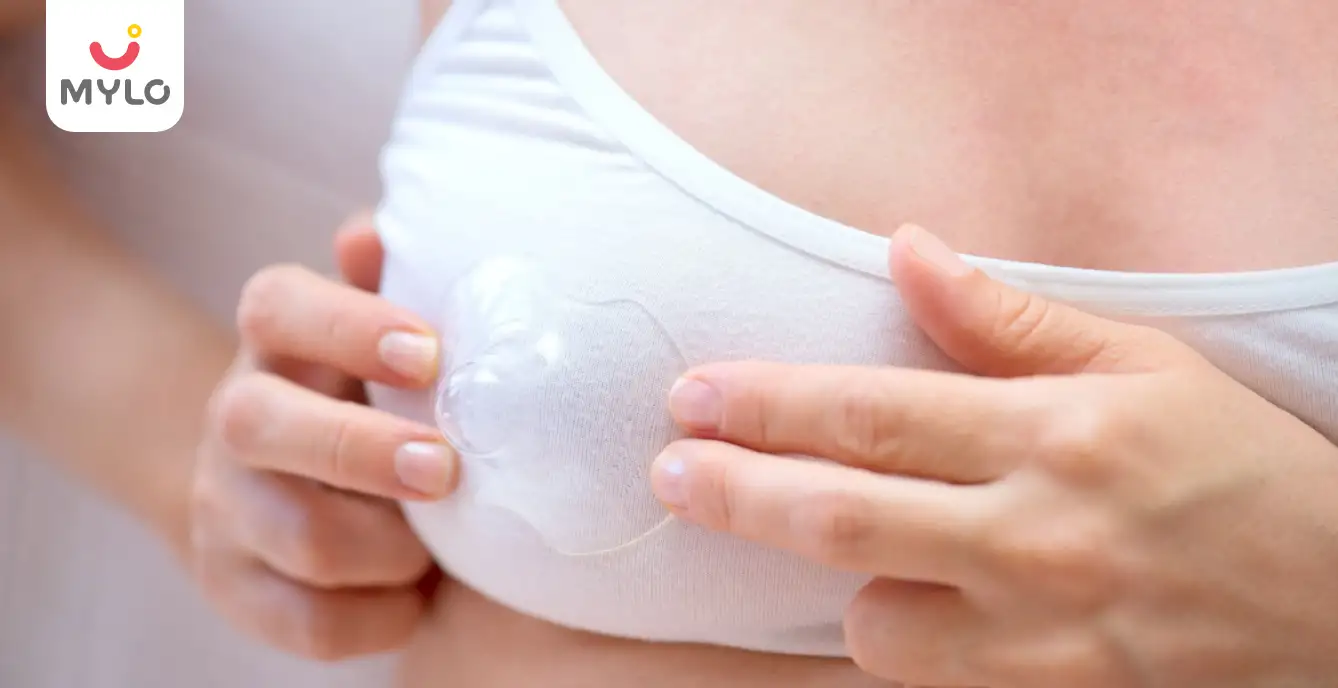
Celebrate Breast Feeding Week
Nipple Shield 101: Everything You Need to Know Before Trying One
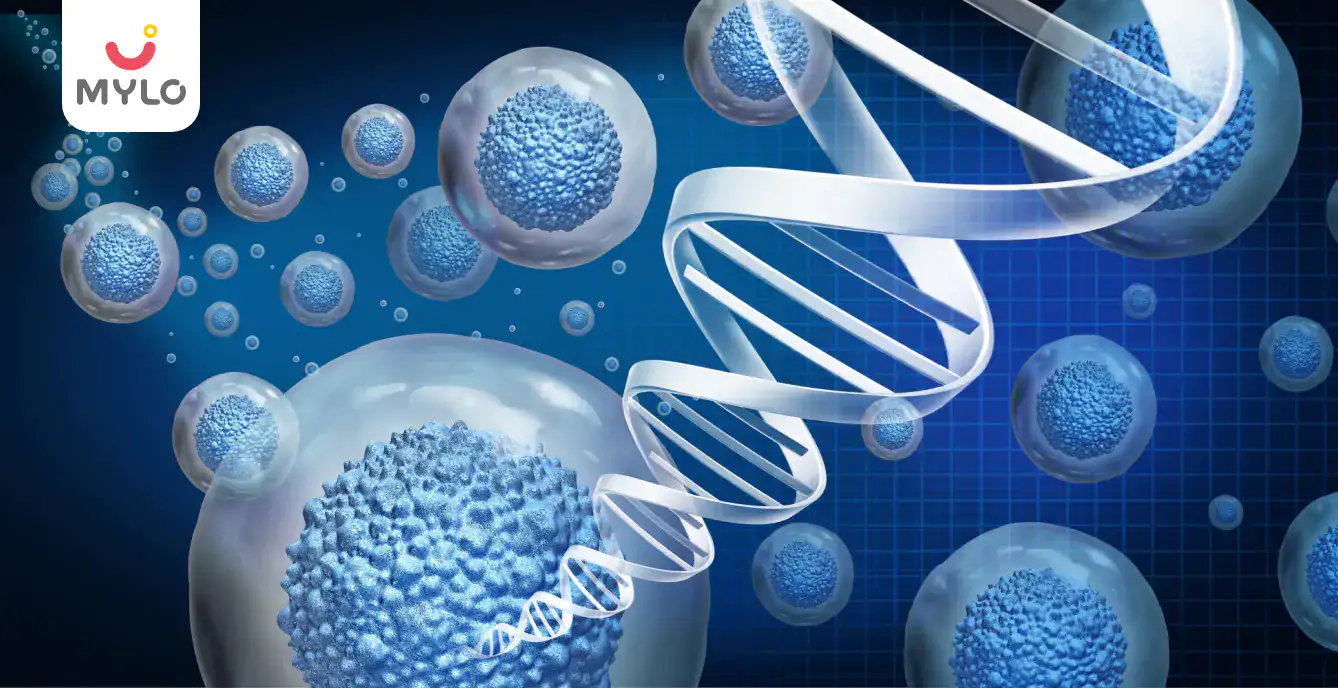
Stem Cell Banking
All About Stem Cells, Their Usage and Potential Effectiveness in the Treatment of Different Diseases
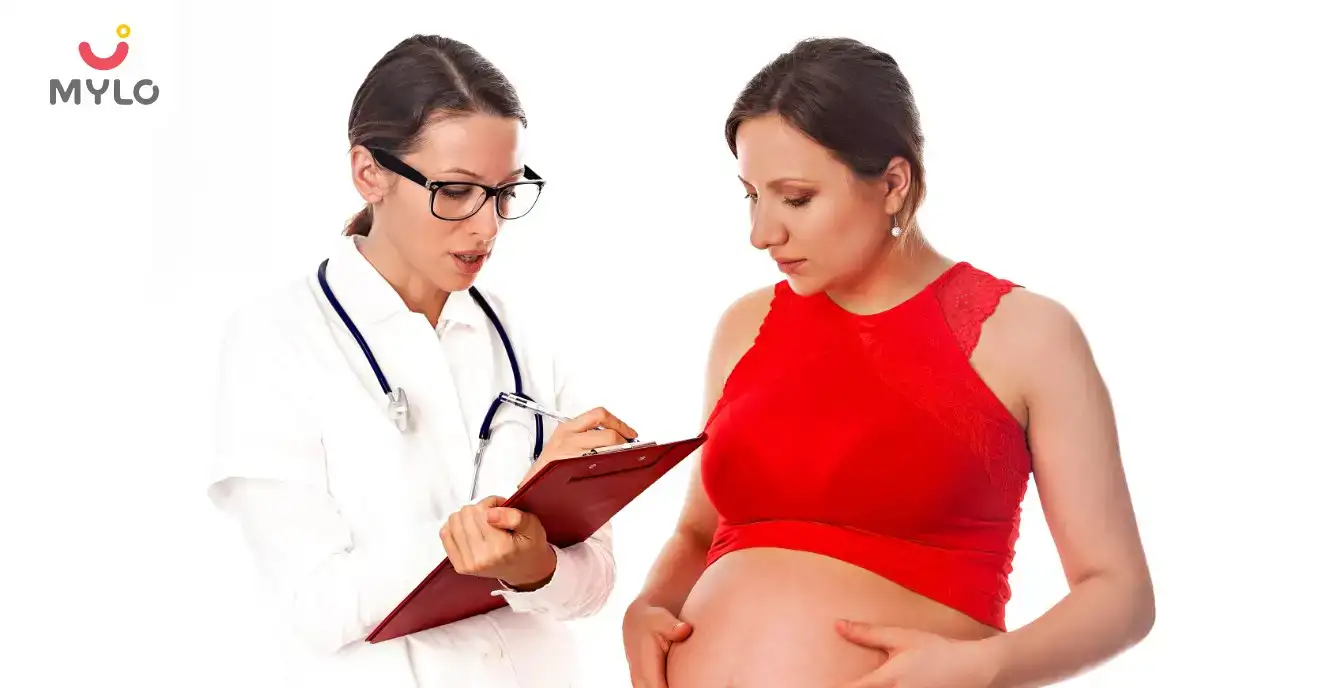
Diabetes during Pregnancy
How to Manage Your Gestational Diabetes? Find 5 Easy Ways to Maintain the Sugar Level in Pregnancy and Stay Healthy!
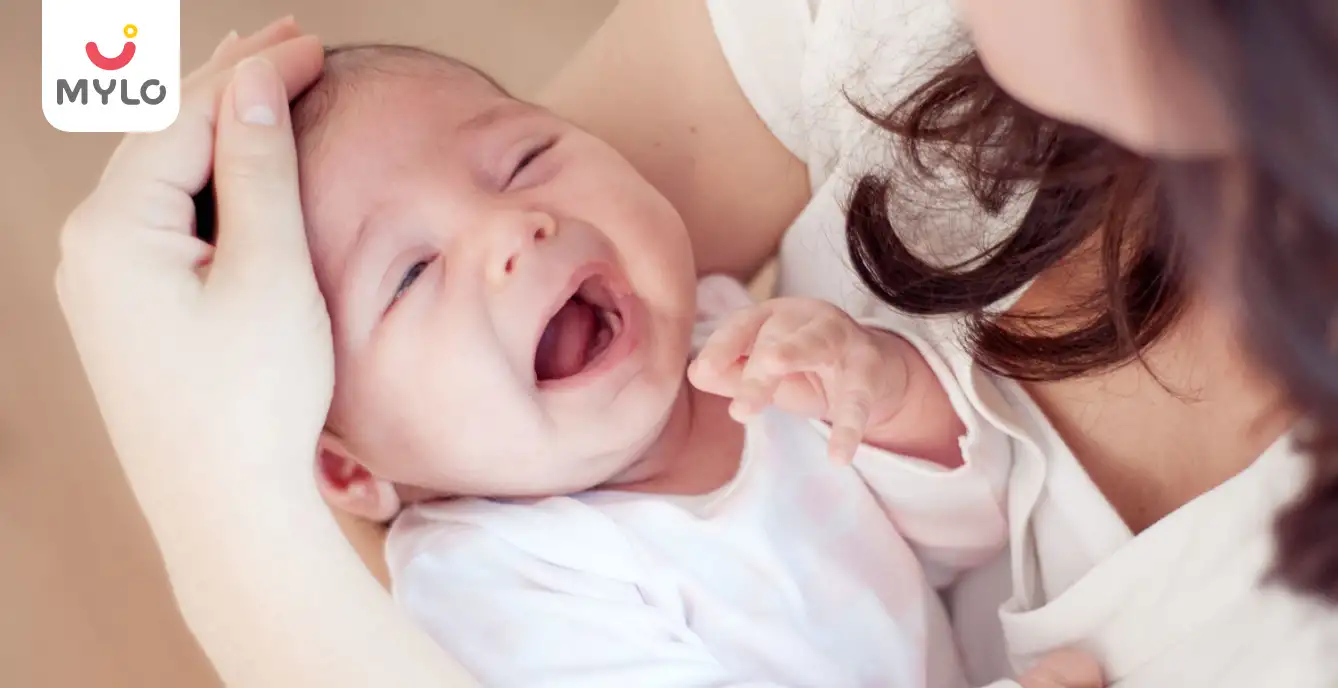
Breast Milk
How to Get Rid of Flat Nipples to Breastfeed Your Baby Effectively
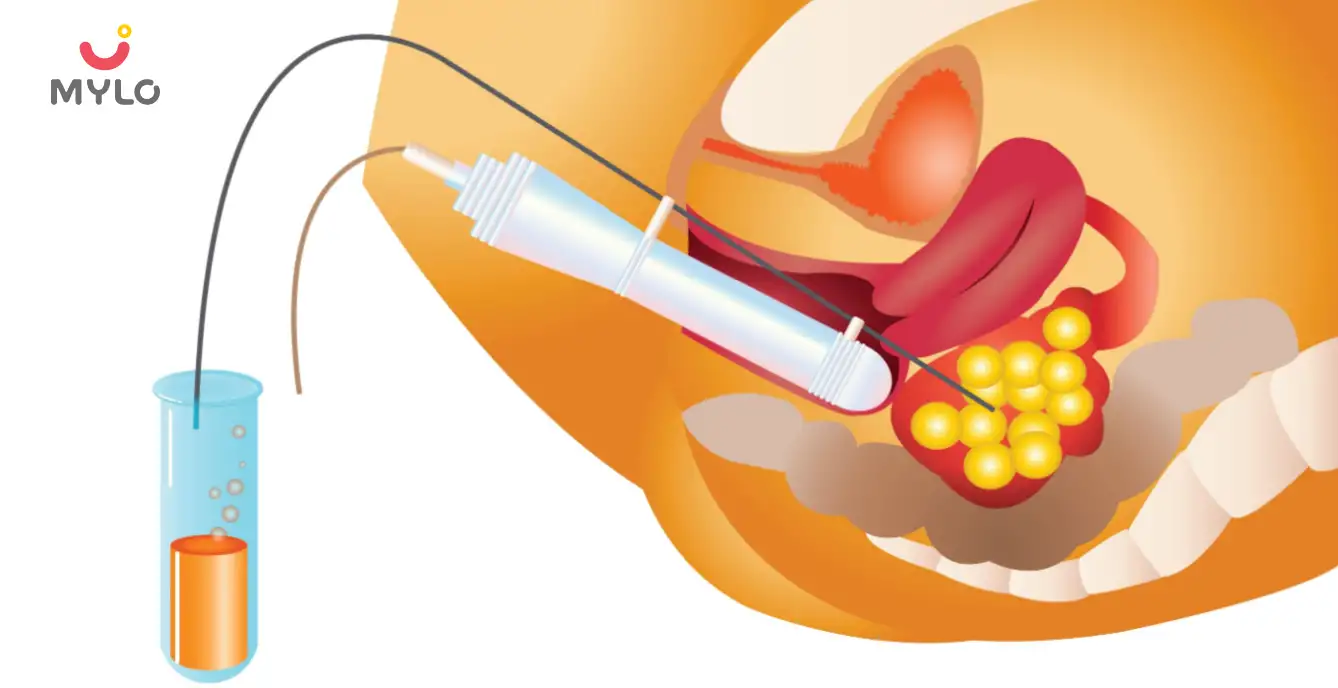
In Vitro Fertilization (IVF)
The Ultimate Guide to Egg Retrieval: Everything You Need to Know
- Loss of Libido: Causes, Symptoms, and Treatment
- Top 10 Romantic Movies to Watch on Netflix in 2023
- Top 10 Romantic Shows to Watch on Netflix in 2023
- Top 10 Thriller Movies to Watch on Netflix in 2023
- Top 10 Thriller Shows to Watch on Netflix in 2023
- Azoospermia and Male Fertility: What Every Man Should Know
- Premature Ovarian Failure: How it Affects Female Fertility and What You Can Do About It
- Erectile Dysfunction: What Causes It and How to Treat It
- Positive Signs After Embryo Transfer: What to Look Out For
- Sleeping Position After IVF & Other Precautions That Can Boost Your Chances of Success
- IVF Failure Reasons: Exploring the Challenges Couples Face with Infertility
- Putrajeevak Beej: The Ancient Seed for Modern Health and Fertility
- Shivlingi Beej: The Ultimate Guide to Boosting Your Fertility Naturally
- Milk Thistle in Ayurveda: Unlock The Healing Potential and Health Benefits of This Herb


AWARDS AND RECOGNITION

Mylo wins Forbes D2C Disruptor award

Mylo wins The Economic Times Promising Brands 2022
AS SEEN IN
















- Mylo Care: Effective and science-backed personal care and wellness solutions for a joyful you.
- Mylo Baby: Science-backed, gentle and effective personal care & hygiene range for your little one.
- Mylo Community: Trusted and empathetic community of 10mn+ parents and experts.
Product Categories
baby carrier | baby soap | baby wipes | stretch marks cream | baby cream | baby shampoo | baby massage oil | baby hair oil | stretch marks oil | baby body wash | baby powder | baby lotion | diaper rash cream | newborn diapers | teether | baby kajal | baby diapers | cloth diapers |




